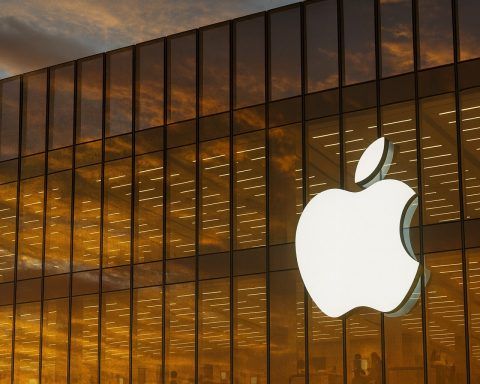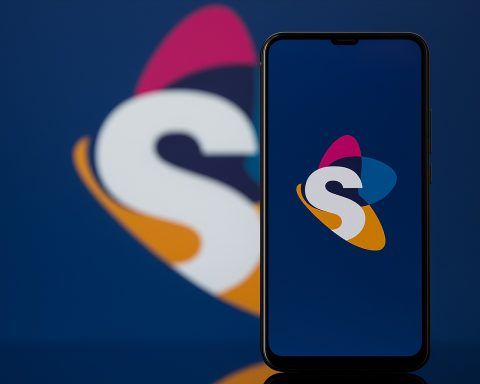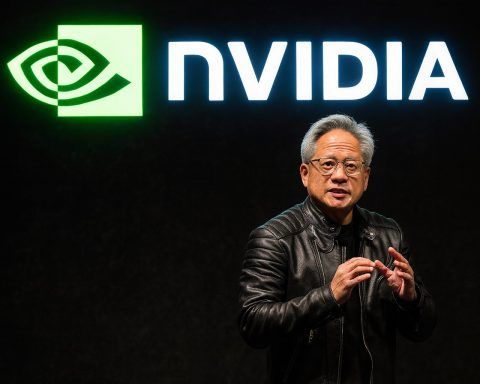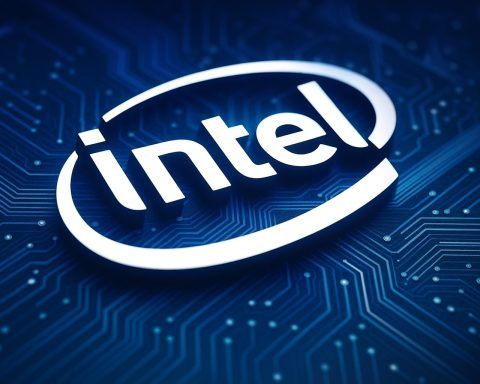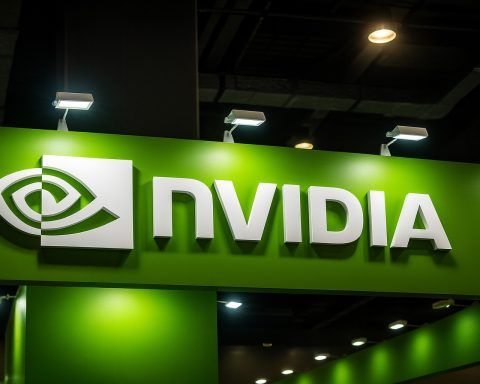
NVIDIA (NVDA) Today — Nov. 6, 2025: Huang clarifies China AI-race remarks; U.K. honor crowns AI leadership; VAST Data–CoreWeave inks $1.17B deal; NVDA trades near $195 ahead of Nov. 19 earnings
Top headlines at a glance What changed today — and why it matters 1) Huang’s China remarks move from sound bite to strategy Reuters reports that Huang’s “China will win” comment—made on the sidelines of the FT Future of AI Summit—was followed hours later by a clarification on X emphasizing that America can win by accelerating innovation and courting global developers, including those in China. He reiterated that policy should avoid ceding half the world’s AI developer base. The report also notes U.S. export controls remain a flashpoint; Nvidia hasn’t sought China licenses, and recent comments by the U.S. president
